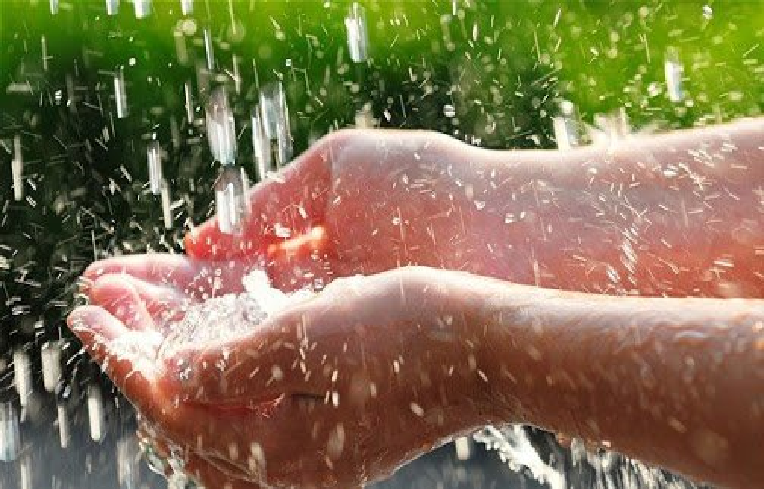News
Water Conservation Consultation Now Underway
A new government consultation was launched on July 19th to help further understanding of a wider range of possible measures to drive down personal water consumption, as well as finding out what reduction in water consumption will be feasible or achievable.
The move has been made in the face of climate change pressure, increasing demand for water, environmental requirements and hikes in population. This all means that the future will see even more pressure put on surface and groundwater supplies, with less water available per person and more severe droughts.
Sustainable water supplies have to be maintained for future generations, which will involve reducing demand and increasing supply.
The government’s 25 Year Environment Plan lays out a commitment to reducing personal water use as part of its overall goal of making sure that we continue to enjoy clean and plentiful water, working with the industry to set out water consumption targets and agree upon cost-effective measures to meet these.
People are now being called upon to help the government understand what these measures could be, as well as suggesting their own ideas to reduce personal water usage.
It is keen to hear from anyone interested in the steps being taken to drive down consumption, including individuals, water companies, industry groups, academics, institutes, consultancies, housing developers, manufacturers and non-government organisations.
Of course, water consumption will depend on the number of people in a property and their personal needs but the Consumer Council for Water has put together a Waterwise table that can help you understand your annual usage.
Businesses keen to prioritise commercial water conservation at this time could consider strategies such as water recycling, rainwater harvesting and water leak detection and repair.
Water recycling involves taking the water from activities such as toilet flushing, vehicle washing and irrigation to save money on valuable mains water. Some suppliers already operate water recycling systems to make use of waste water, cleaning it and returning it to the rivers so it can be reused for irrigation and even drinking water once treated.
Rainwater harvesting, meanwhile, involves the collection of water from the roof of your site so it can be used in place of mains water after being filtered. Typical applications include laundry and process water, vehicle washing and toilet flushing.
When it comes to repairing and detecting water leaks, there are numerous ways in which this can be achieved. Sudden hikes in utility bills are a good sign that something’s going on below ground, but you can also look for permanently leaking toilets, bad smells from the floor or near drains, cracks or spots on walls, damp or dark patches on the walls or ceiling, peeling paintwork or the constant sound of dripping or running water.
